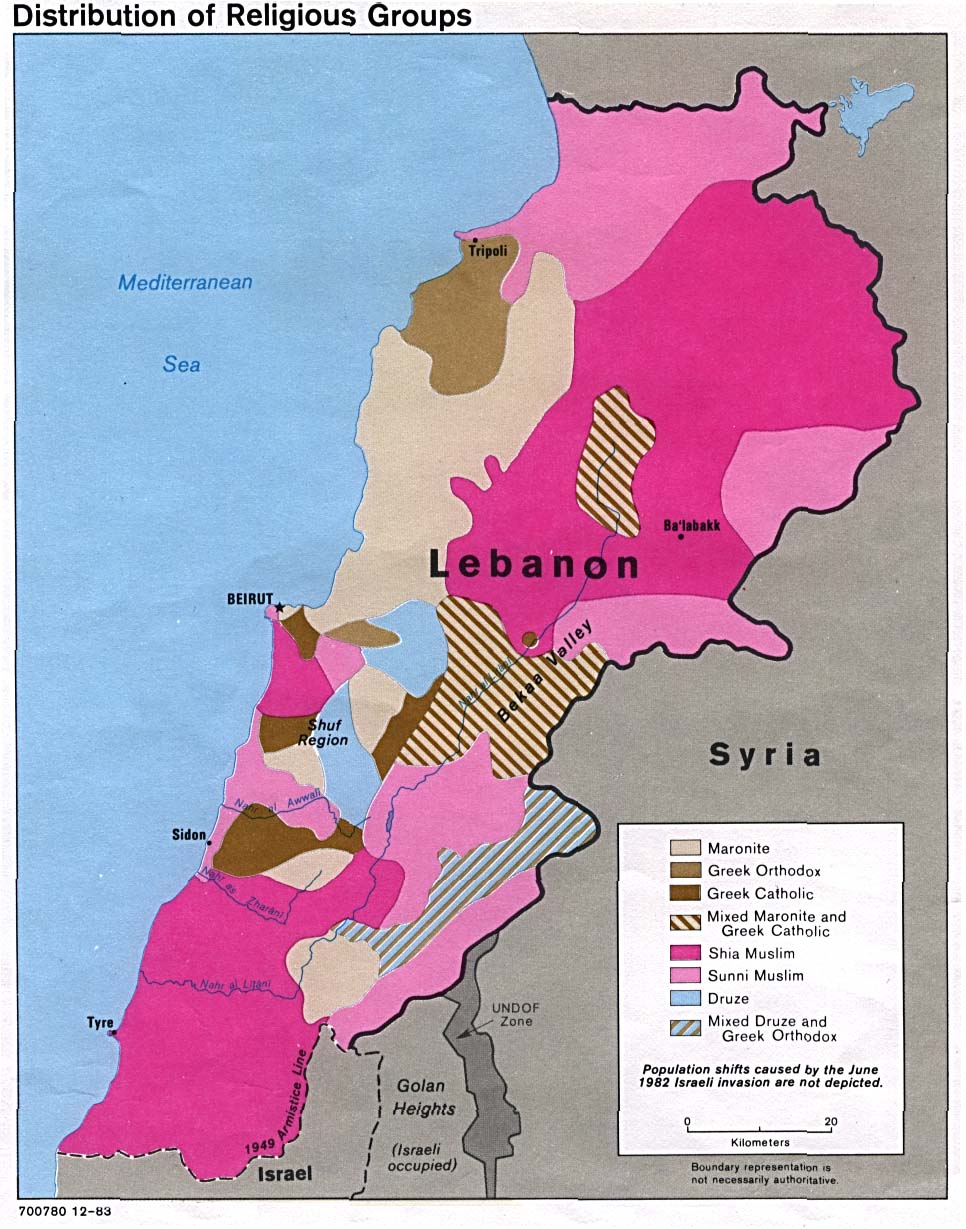 |
| This cartoon is the image of Syria's government that the media wants you to hear. It is certainly one point of view. But life is not that simple. |
A point of view you are not allowed to hear . . .
"I go every week, especially in areas where clashes are supposed to be taking place. But nothing happens! The media is lying. About 95% of the population supports Bashar al-Assad."
- The Muslim Brotherhood wants Islamist Turkey to invade Syria.
- The secular Baath Party of Syria has a good deal of support among the general population and Islamic and Christian minority groups.
Americans are grossly misinformed about the world.
Americans are told by their hack leaders that the secular and Socialist Baath Parties of Syria and Iraq are bad and must go. But not everything is that easy.
THINK. The Baathists are secular and Socialist and they are the enemies of the radical Muslim Brotherhood and radical Islam. So if they are the enemies of radical Islam why do we oppose the Baathists?
Now a leader of Syria’s outlawed Muslim Brotherhood said the Syrian people would accept military intervention by Turkey, rather than Western countries, to protect them from President Bashar al-Assad’s security forces.
Mohammad Riad Shaqfa, who lives in exile in Saudi Arabia, told a news conference in Istanbul the international community should isolate Assad’s government to encourage people in their struggle to end more than four decades of Assad family rule says FRANCE 24 news.
Hundreds of people have been killed this month, one of the bloodiest periods in the revolt that began in March. The United Nations says more than 3,500 people have died in the unrest.
If Assad’s government refused to halt its repression, Shaqfa said Turkish intervention would be acceptable.
“If the international community procrastinates then more is required from Turkey as a neighbor to be more serious than other countries to handle this regime,” Shaqfa said.
After mobs attacked Turkey’s diplomatic missions in Syria at the weekend, Foreign Minister Ahmet Davutoglu hosted representatives of the Syrian opposition at dinner.
 |
| Saydnaya church, near Damascus, is second only to Jerusalem for Christian pilgrimage. As an increasing number of Syrians take to the streets to demand sweeping government reforms, many Syrian Christians are still hesitant to do so – afraid of an uncertain future as a minority that has until now been safe under the current secular government. (Orthodox Peace Fellowship) |
A view you are not allowed to hear:
"If Bashar al-Assad falls, there will be no more Alawites or Christians here.”
They hail from the same community as Syria’s President Bashar al-Assad. Now Lebanon’s Alawite community is monitoring the situation across the Lebanon-Syrian border with trepidation.
A few kilometers from the Syrian border and there are growing fears that the current crisis in Syria, sparked by protests against Syrian President Bashar al-Assad’s regime, could spill over into the region.
Anxiety levels are particularly high among the Alawites, a community that follows the same offshoot of Shiite Islam as the embattled Syrian leader.
In these parts, support for Assad – and his father, former Syrian President Hafez al-Assad – is strong.
"When Hafez al-Assad came to power [in the 1970s], the Alawite community finally obtained rights in Syria and Lebanon,” said Ali Ahmed Ali, a client at the Tal Abbas barbershop.
“We buy our medications, our gas, even our vegetables in Syria. Everything is cheap there. I hope the regime will not fall. If Bashar al-Assad [who succeeded his father in 2000] falls, there will be no more Alawites or Christians here,” he predicts, brandishing his cane.
In the impoverished Jabal Mohsen neighborhood of Tripoli, posters of Bashar and Hafez al-Assad adorn the walls of some of the buildings.
But in this neighborhood that is home to the majority of Lebanon’s estimated 100,000 Alawites, the residents are cagey and suspicious.
Tripoli has a history of sectarian tensions between the Alawites and their Sunni neighbors. The tensions stem from Syria’s longstanding involvement in Lebanese politics dating back to the country’s fratricidal civil war during the 1970s and the 1980s.
Clashes have frequently broken out between residents of Jabal Mohsen and Bab el-Tebbaneh, a predominantly Sunni neighborhood of Tripoli.
Saleh, the Arab Democratic Party spokesman, rarely goes to the center of Tripoli, a Sunni majority area. He leaves Jabal Mohsen only to go to Syria. "I go every week, especially in areas where clashes are supposed to be taking place. But nothing happens! The media is lying. About 95% of the population supports Bashar al-Assad." (FRANCE 24)
 |
| It is not as simple as black and white. Syria and Lebanon are a mixture of ethnic and religious groups. About 10% of Syrians are Christians. Some 1.1 million Greek Orthodox, 700,000 Syrian Orthodox, 200,000 Armenian Christians (Apostolics and Catholics), 400,000 Catholics of various rites and the Church of the East (Assyrian). |
 |
| And the same mix of ethnic groups and religions for Lebanon. About 40% of Lebanon is Christian, mostly Maronites, Greek Orthodox, Armenian Apostolic, Melkite Greek Catholics, Assyrian Church of the East, Syriac Orthodox, Chaldean Catholic, Syrian Catholics. |
For more on this story
No comments:
Post a Comment